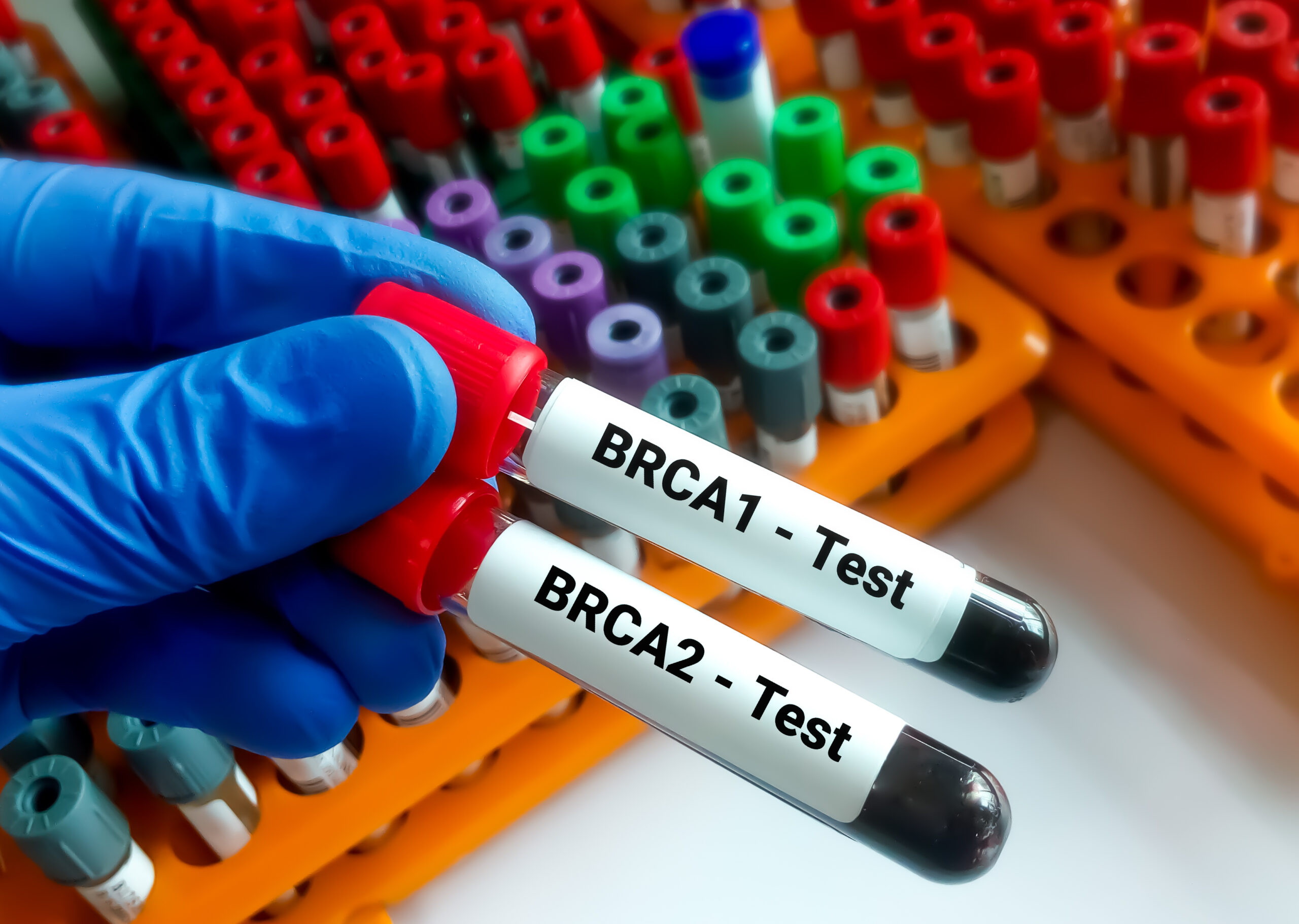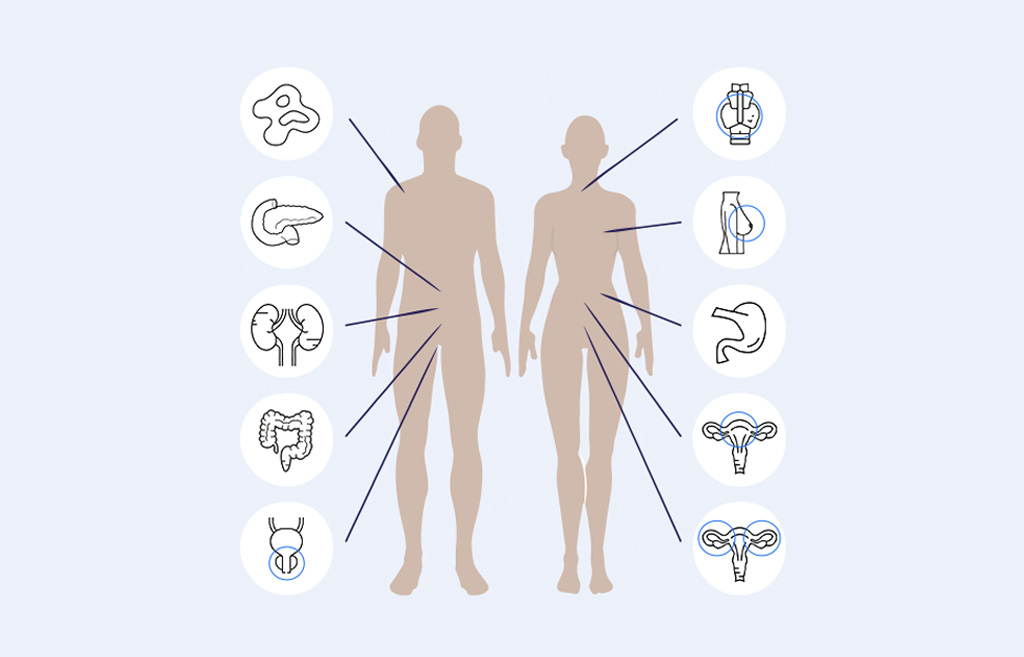Blog

BRCA1 and BRCA2 genes are known as tumor suppressor genes, responsible for repairing damaged DNA and preventing the formation of cancer cells. However, mutations in these genes can increase the risk of developing breast, ovarian, prostate, and other cancers.

Cancer is a leading cause of death worldwide and many cancers have a hereditary component. Hereditary cancers are caused by inherited gene mutations that increase the risk of developing certain cancers. Currently, Eiira's genetic testing profile for hereditary cancer risk covers 10 of the most common hereditary cancers in Sweden. Let's take a closer look at each of the...

When it comes to understanding your risk for hereditary cancers, time is of the essence. In Sweden, many individuals assume that they can access free genetic tests through the public healthcare system, but the reality is quite different.

Cancer impacts millions of people worldwide and is a significant global health concern. It can cause considerable physical, emotional, and financial challenges. Various factors contribute to cancer development, such as lifestyle choices, environmental influences, and genetic predispositions. While not all cancer cases are hereditary, acknowledging the role of genetics in cancer risk is crucial.

Advances in artificial intelligence (AI) and machine learning have transformed the field of genomics, providing unprecedented opportunities to analyse genomic data and develop personalized treatment plans. In recent years, researchers have made significant strides in leveraging AI to identify patterns and mutations in genetic data that may have previously been overlooked.

Precision medicine is an emerging field of healthcare that uses genetic and other data to tailor medical treatments to individual patients. By considering an individual's unique genetic makeup, lifestyle factors, and medical history, precision medicine aims to provide more targeted and effective therapies for a wide range of diseases, including those with a hereditary component.

Autoimmune diseases are a group of conditions in which the immune system mistakenly attacks healthy cells and tissues in the body. While the exact causes of autoimmune diseases are not fully understood, research has identified a number of genetic factors that are associated with an increased risk of developing these conditions.

There are several genetic tests used to assess breast cancer risk, mainly focusing on the analysis of specific genes associated with an increased likelihood of developing the disease.

Organized prostate cancer testing (OPT) is a relatively new initiative in Sweden that aims to detect prostate cancer at an early stage. The OPT project was launched in several regions in 2020, including Region Skåne, Västra Götaland and Västerbotten. From 2022 onwards, Region Stockholm and Region Gotland started a jointly organized project offering OPT in...

Hereditary cancer risk means an increased likelihood of developing certain cancers due to genetic mutations that are passed on within a family over generations. These mutations can be present in a person's DNA from birth and can increase their lifetime risk of developing cancer. In some cases, an inherited risk factor may mean a higher likelihood...

Genetic testing is a powerful tool that analyzes a person's DNA to identify changes or mutations in specific genes, chromosomes, or proteins. These changes can provide valuable information about a person's risk of developing certain genetic disorders, including hereditary cancers.

How do people lower the chances of getting cancer? There's plenty of advice, and sometimes one study's recommendations may conflict with another. Nevertheless, lifestyle choices and genetic testing for hereditary cancer prevention significantly impact the likelihood of developing cancer.











